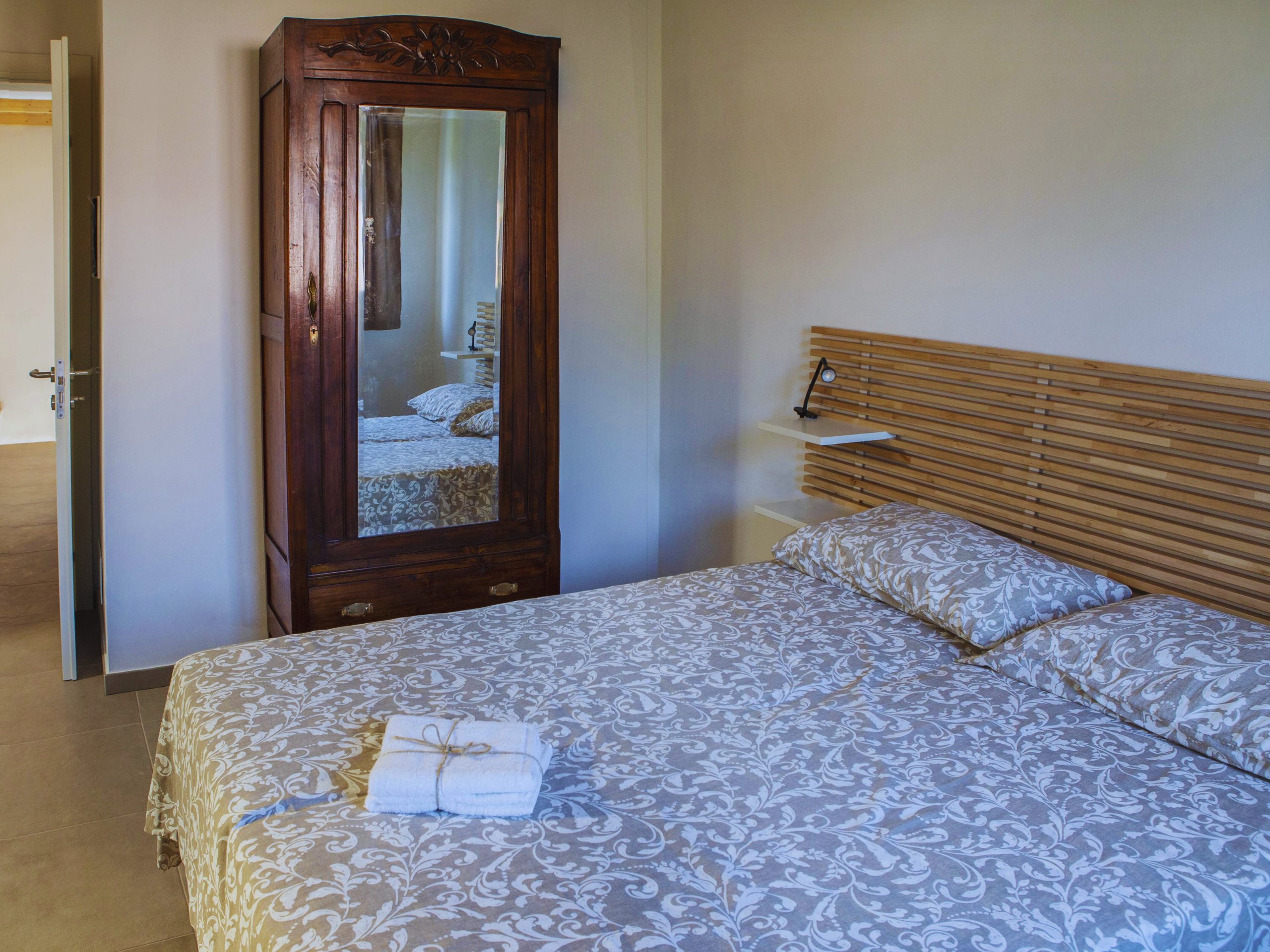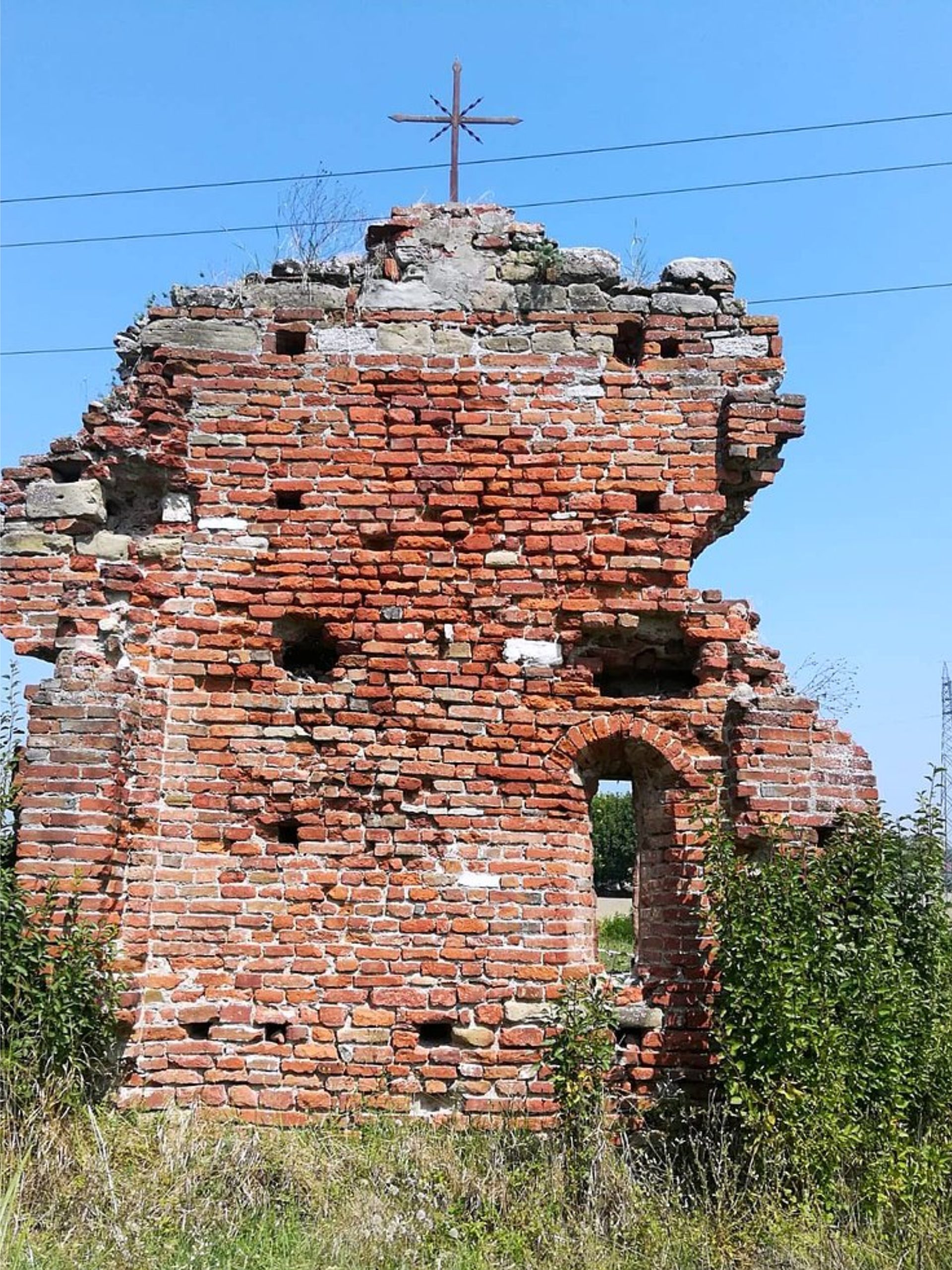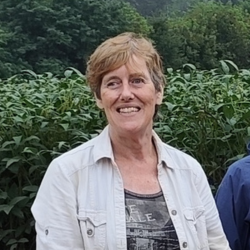Overview
Step back in time as you explore the fascinating history of Industria, a once-thriving Roman settlement in Piedmont, Northern Italy. Founded in the second century BCE, Industria quickly became a bustling hub for metal production, fueled by ore mined in the nearby Alps and transported along the Po River. The city’s industrial prowess and strategic location made it a key center of commerce until a shift in the river’s course led to its decline. Today, this historic site offers an immersive opportunity to engage in community-based archaeology, working alongside local stakeholders to uncover and preserve their cultural heritage.
During this four-week field school, you’ll gain hands-on experience in archaeological field methods while investigating key research questions about Industria’s size, economic and social relationships, and unique cultural influences. A major highlight is the discovery of bronzes and the remains of a temple dedicated to the Egyptian gods Serapis and Isis. Just a short distance from Turin, the program also offers opportunities to explore the rich cultural heritage of the region. You’ll visit archaeological collections, explore nearby sites on program excursions, and experience the daily life of rural Piedmont firsthand, deepening your understanding of both ancient and modern Italy.
Field school highlights:
- Gain hands-on experience in Roman archaeology including excavation, geophysical survey, experimental archaeology, and more.
- Learn how to integrate community interests into archaeological research and work directly with local stakeholders.
- Explore the cultural and industrial heritage of Northern Italy, including excursions to the scenic Alpine region of Aosta and visits to significant archaeological collections in Turin.
| Course Details | |
|---|---|
| Course Dates | Aug.10-Sept. 6, 2025 |
| Course Type | Archaeology |
| Instructors | Prof. Willeke Wendrich & Dr. David Walsh |
| Credits* | 6 semester (9 quarter) |
| Apply By | April 15 |
| Fees Due By | May 15 |
| Program Fees | (2025) |
|---|---|
| Tuition | $4,320 |
| Transcript Fee* | $300 |
| Health & Evacuation Insurance | $130 |
| Room & Board | $2,380 |
| TOTAL: | $7,130 |
*Please email admissions@ifrglobal.org for any application issues.
This program is able to accept accept students past the deadline, but applicants should be prepared to move through the process quickly.
Instructors
The directors welcome emails and inquiries about the research elements of this project. More general information (tuition, health insurance, and payment schedule) can be found under the ‘Students’ tab above. Any further questions may be addressed to IFR staff. Additional details about research, course schedule, travel, accommodation, and safety can be found on the syllabus. Contacting the directors or the IFR office is encouraged and appreciated. It may help you determine if this field school is a good fit for you.
Testimonials
This is a new IFR field school. No student testimonials are available at this time.
Payment & Student Fees
Application Fee: There is a $45 fee to submit an online application.
Deposit Payment: A nonrefundable $500 deposit is due within 3 weeks of program acceptance in order to secure your place. The remainder of your program fees are due by the deadline indicated under “Course Details”.
*Transcript Fee & Academic Credit Opt Out: If you wish to participate in an IFR field school without earning academic credits, you will not be charged a transcript fee.
For more information about payment, fees, and policies, please see details under our Payment & Finances and Withdrawal and Cancellation Policy pages.
Accommodations
We will be staying in the Agriturismo Casa Matilde. This is a small family-run bed-and-breakfast that also will serve our amazing dinners. You will be staying in shared rooms with at the most six persons to a room. If this causes shower traffic jams in the morning or after work, there are two additional bathrooms in the shower block of the swimming pool.
Yes, you read it correctly. This is not your average excavation. We have wine with dinner (if you are over 21) and a swimming pool to cool off in after work.
A light breakfast will be served at the agriturismo at 7.30, we leave at 8.30 sharp. At 12:30 there will be a (very) substantial lunch in a local restaurant. Work in the field stops around 5.00 pm. After coming home and washing up (and have a swim if you so choose), there will be a lecture and team meeting at 6.30 pm. During the team meetings we will discuss results and interpretations and you are urged to contribute information and suggestions. Around 8:00 pm we will eat dinner.
The family that runs Casa Matilde can accommodate special meal requirements (allergies, vegetarian, vegan, halal), while the lunch restaurants will have much more limited options. Please contact the directors if you have very severe allergies or strict meal requirements to discuss if these can be accommodated or not.


Travel Info
Natural disasters, political changes, weather conditions and various other factors may force the cancellation or alteration of a field school. IFR recommends students only purchase airline tickets that are fully refundable and consider travel insurance in case a program or travel plans must change for any reason.
General information for this program is below, but keep in mind we will discuss any updated travel information and regulations during the required program orientation, which could affect travel plans.
Students can book their flights for arrival on August 11, 2024 at Milan Malpensa, Milan Linate or Turin Caselle. From these airports there are buses to Turin Porta Susa, where we will collect you. The bus service from Malpensa and Linate leaves once an hour and takes about 2 hours, the bus from Caselle takes 45 minutes. Please inform us of the flight number and your arrival time/airport so that we can make an estimate of your arrival time in Turin, Porta Susa.
VISA REQUIREMENTS
U.S. citizens may enter Italy for up to 90 days without a visa. All non-residents are required to complete a declaration of presence (dichiarazione di presenza) upon their arrival, usually completed at the first accommodation after entry into Italy. Citizens of other countries are asked to check the embassy website page at their home country for specific visa requirements








